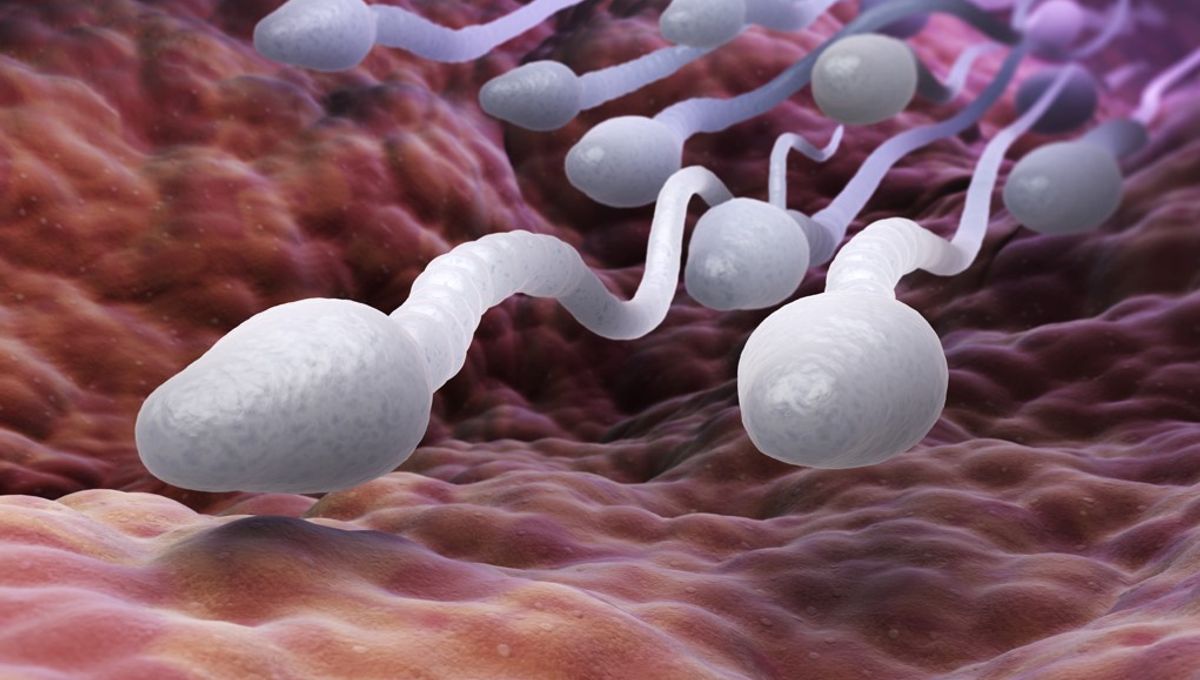
For the first time ever, researchers have succeeded in growing a pair of testicles in the laboratory. Created from immature testicular cells taken from newborn mice, the cultured cojones quickly developed structures resembling those seen in natural knackers and may even be capable of sperm production.
As with other types of lab-grown organs – typically referred to as organoids – the miniature spuds were created to allow researchers to gain new insights into organ development and disease. Until now, scientists had no in vitro system for modeling the testis, and the team behind the propagated plums therefore hope to advance our understanding of male sexual function.
“Artificial testicles are a promising model for basic research on testicle development and function, which can be translated into therapeutic applications for disorders of sexual development and infertility,” explained study author Dr Nitzan Gonen in a statement.
To create the lab-grown bollocks – which are essentially tiny bundles of cells that simulate the processes in real testicles – the researchers placed primary mouse testicular cells into a specially formulated growing medium. Within two days, the miniature organs developed tubular structures and cellular organization patterns mirroring those seen in real gonads.
Typically, organoids are developed to resemble organs in their embryonic stage – yet the study authors were able to grow their mini balls to a more mature state. In total, they maintained the organoids for nine weeks, during which time they expanded in size before eventually collapsing once their blood supply demands became too great.
The study authors paid particular attention to the development of Sertoli cells, which support spermatogonia and play a crucial role in sperm production. Importantly, they found that the maturation of these cells across the nine-week period closely resembled that seen in live mice at the corresponding stages.
The researchers also point out that while nine weeks may not sound like a long lifespan for a pair of family jewels, the spermatogenesis process in live mice typically only takes about 35 days. In theory, then, it’s perfectly possible for a lab-grown goolie to complete this cycle and produce sperm within this timescale.
So far, the study authors are yet to determine whether their replica rocks can achieve this feat, although they say that their experiments have yielded “first indications that these organoids can support entry of [spermatogonial stem cells] to meiosis” – the process by which sperm are produced.
“In this study we developed testicular organoids from mice, but it is highly possible that similar settings could be applied to generate testicular organoids from pre-pubertal boys,” write the researchers. If such organoids can be produced from human cells, then they may offer a pathway to new treatments for male infertility.
“If these organoids are able to fully mimic the functionality of adult testis, we would expect them to be able to produce haploid sperm in vitro,” assert the study authors. “This ability could be revolutionary and enable infertile patients to have a biological child.”
The study has been published in the International Journal of Biological Sciences.
Source Link: First-Ever Lab-Grown Testicles May Be Capable Of Producing Sperm